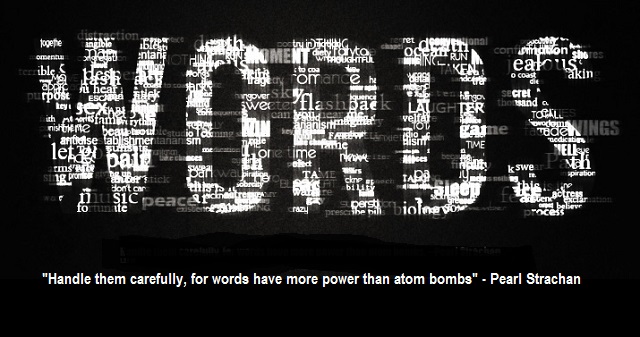

However, this does not seem to deter politicians in Belgrade from talking about war. The Serbian Prime Minister Aleksandar Vucic is following a pro-EU course. And Serb-leader, Dodik, would probably be finished politically, as his Serbian supporters in Belgrade would no longer be able to bear any responsibility for the actions of this agitator. This would mean that Banja Luka's plans for Bosnian Serb sovereignty would fall through. Within days, a total of 1,200 soldiers on standby from NATO countries, could be patrolling the streets of Banja Luka and Sarajevo, and in the worst case, intervening militarily. If they are no longer able to do this, EUFOR Althea can quickly fly in intervention forces from countries participating in the mission. The military deployment EUFOR Althea (short for European Union Force Althea) is supposed to ensure security and stability in the region, thereby assisting Bosnian authorities. As a result, the EUFOR Althea forces stationed at the airport of Sarajevo would probably request reinforcement. In a short matter of time, Bosnian police forces would be overwhelmed. The consequence would be a conflict that would likely entail bloodshed. If the autonomous region of Republika Srpska were to separate from Bosnia and Herzegovina, one can probably expect that other half of the country, which is made up of Bosniak and Croatian minorities, will protest. If someone is to understand what is behind the politics, it is helpful to think through the consequences to the end. Now he is seeking validation in the form of a referendum for independence. He seems to be enjoying the attention from US diplomats, as it may actually support his image as the alleged savior of the Serbs. The president of Republika Srpska, the autonomous region of the small Balkan nation of Bosnia and Herzegovina, has been touting the separation of the territory he rules. Milorad Dodik has been blacklisted by the US government for obstructing the implementation of the Dayton Agreement.


 0 kommentar(er)
0 kommentar(er)
